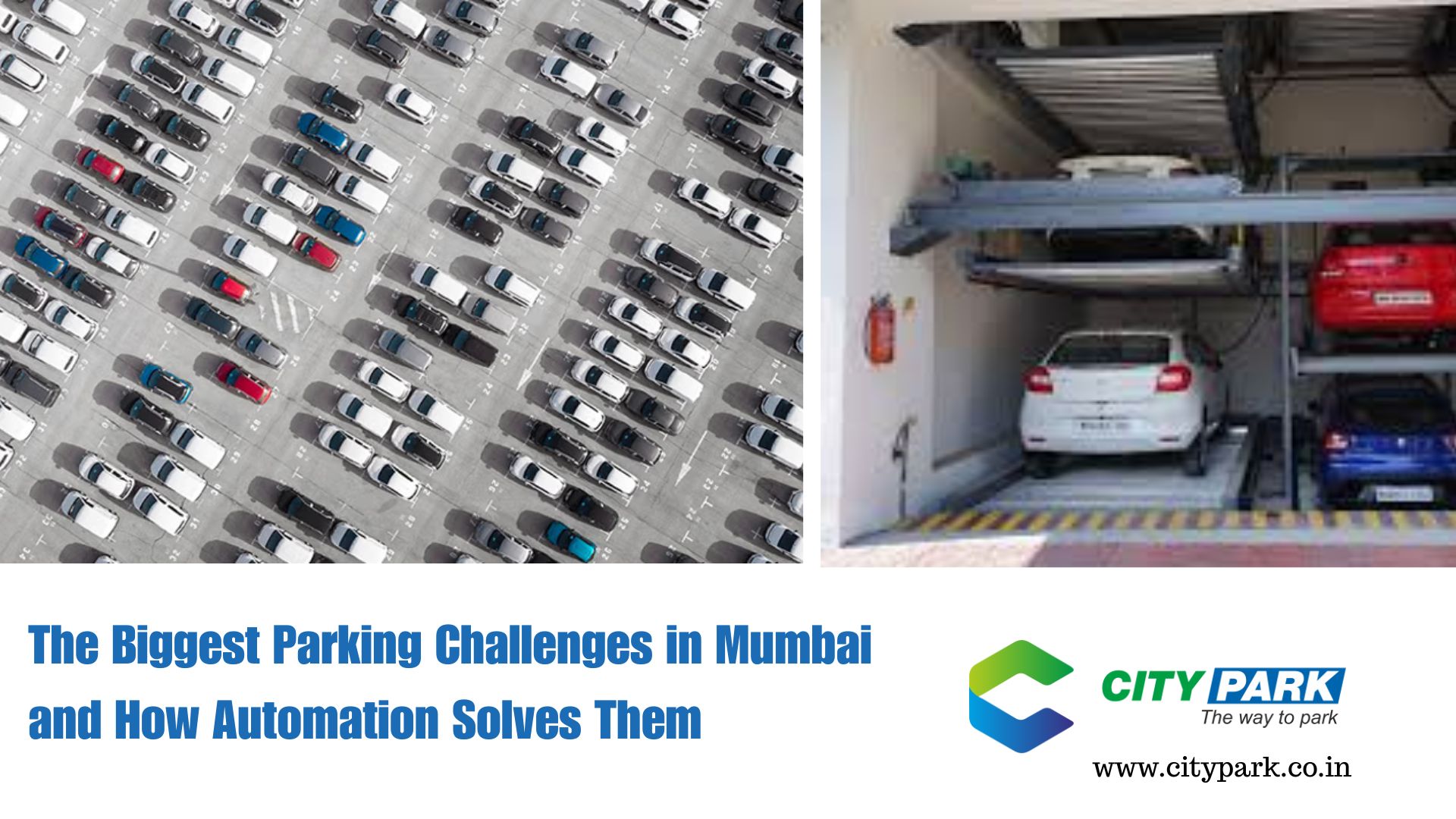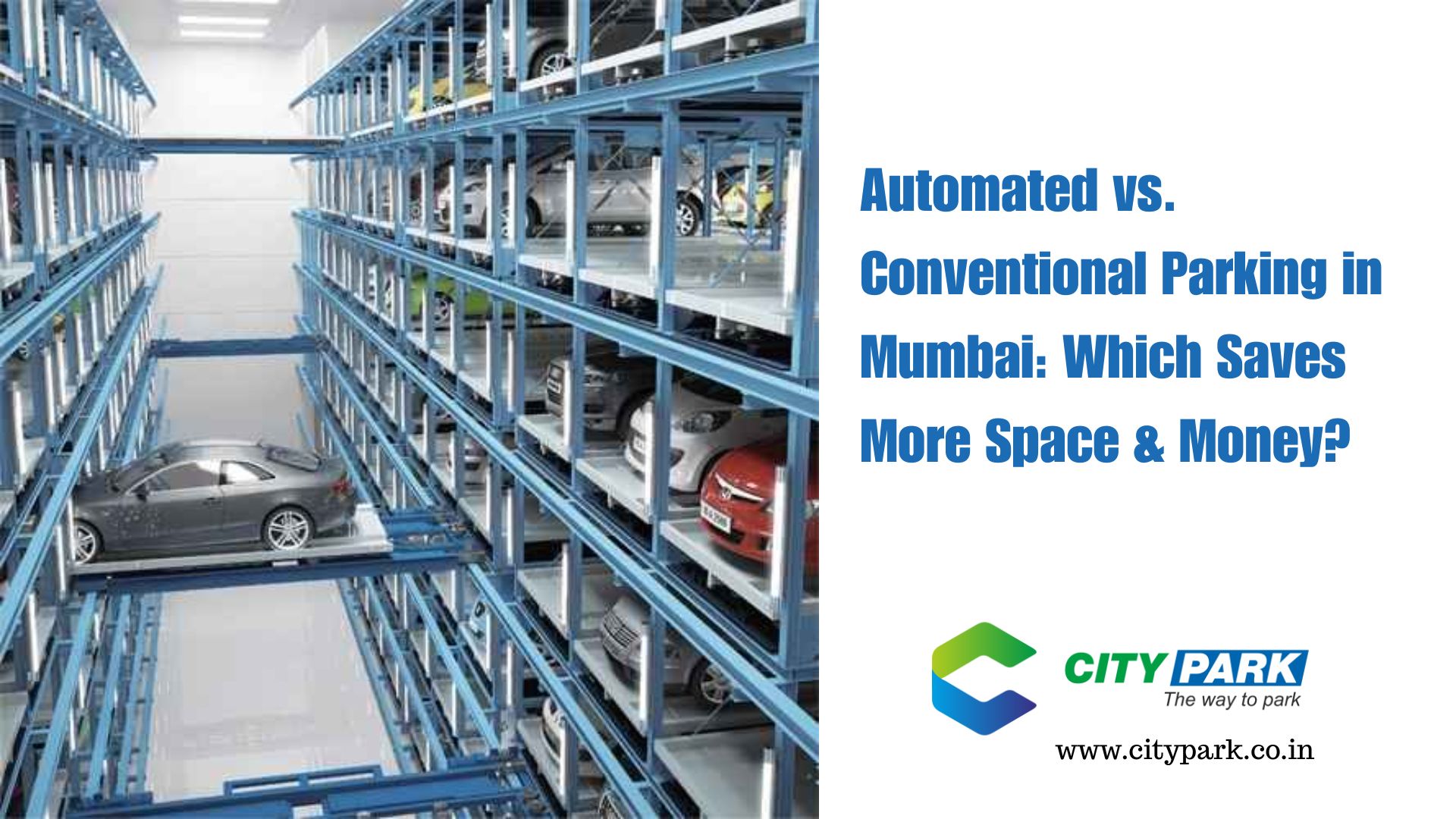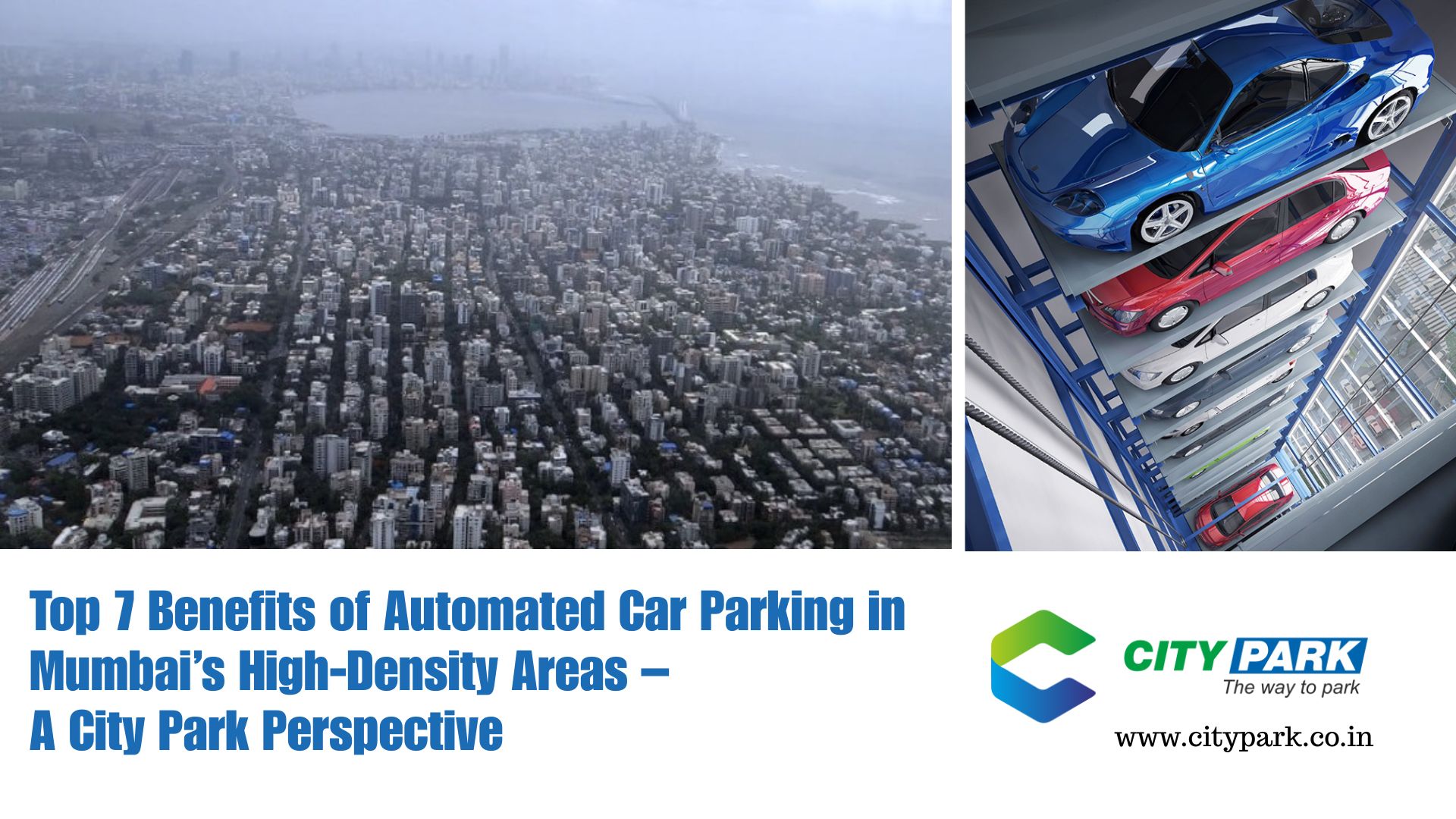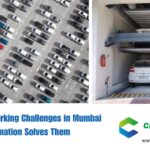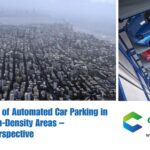The Rise of Automated Car Parking Systems in India’s Tier 2 Cities
Introduction: Growth of Car Ownership in Tier 2 Cities
India’s urban landscape is evolving rapidly, and Tier 2 cities are at the heart of this transformation. Cities like Indore, Surat, Bhopal, and Kochi have seen significant growth in population, infrastructure development, and importantly, private vehicle ownership. With increasing disposable incomes and improved road networks, car ownership is no longer limited to metros. This surge, however, has outpaced traditional parking infrastructure, creating a growing demand for innovative solutions like Automated Parking Systems (APS).
Why Tier 2 Cities Are Ripe for APS
Unlike Tier 1 cities, Tier 2 cities are still in the process of urban planning and expansion. This makes them ideal testing grounds for forward-thinking infrastructure like APS. There are several reasons why these cities are fertile ground for automated parking solutions:
- Space Constraints in Growing Urban Cores: As central business districts expand, land becomes scarcer and more expensive. APS helps maximize parking capacity in a limited footprint.
- Rise in Smart City Initiatives: Many Tier 2 cities are part of India’s Smart Cities Mission, which encourages the adoption of tech-driven urban solutions, including smart parking.
- Evolving Consumer Expectations: With malls, multiplexes, and modern hospitals cropping up in these cities, residents expect convenience and efficiency, which APS can deliver.
- Lower Implementation Costs: Real estate and labor costs are lower than in metros, making the cost of APS deployment more feasible for developers.
Successful Deployments: Indore, Surat, Bhopal, Kochi
- Indore: Known as one of India’s cleanest cities, Indore has been proactive in adopting tech-based infrastructure. A fully-automated parking tower was recently installed at a commercial complex, serving hundreds of daily users.
- Surat: The diamond city has implemented APS in several commercial and mixed-use developments. These systems are appreciated for their efficient use of space in densely populated markets.
- Bhopal: The state government has shown interest in using APS in government and hospital buildings. The success of pilot projects has paved the way for broader adoption.
- Kochi: With its high tourist influx and limited land availability, Kochi has explored stack parking systems at transportation hubs and heritage zones.
These examples showcase that APS is not just a metro-centric trend but a pan-India necessity.
Government Policies & Incentives
The central and state governments have rolled out various policies to support APS adoption:
- FAR Incentives: Some urban local bodies offer additional Floor Area Ratio (FAR) if developers include APS in their plans.
- Smart City Grants: Cities under the Smart Cities Mission can use allocated funds to invest in APS as part of their mobility plans.
- Public-Private Partnerships (PPP): State authorities are inviting private players to implement and operate APS in public places.
These initiatives make the integration of APS not only viable but also economically rewarding.
Challenges: Awareness, Cost, Urban Planning
Despite its benefits, APS adoption in Tier 2 cities faces hurdles:
- Lack of Awareness: Many builders and urban planners are still unfamiliar with the operational and financial advantages of APS.
- Initial Investment: The upfront cost can be a deterrent, though the long-term ROI is favorable.
- Urban Planning Limitations: In some cases, zoning regulations and outdated building codes hinder APS deployment.
To overcome these, a multi-pronged approach involving stakeholder education, government incentives, and revised regulations is essential.
Tech Innovations Enabling Scalable Solutions
Advanced automation technologies are making APS more reliable, user-friendly, and scalable:
- Modular Designs: These systems can be customized for different land parcels and building types.
- AI & IoT Integration: Real-time monitoring, predictive maintenance, and seamless user interfaces are now possible.
- Green Tech: Energy-efficient motors, solar panels, and low-footprint designs make APS a sustainable choice.
City Park, with its strategic partnerships with international vendors, stays at the forefront of these innovations, delivering world-class solutions tailored for Indian conditions.
Conclusion: Small Cities, Big Opportunities for Smart Parking
Tier 2 cities in India represent the next big frontier for infrastructure innovation. As car ownership grows and urban land becomes scarcer, Automated Parking Systems offer a smart, space-saving, and scalable solution. From commercial complexes to public hospitals and malls, APS enhances user experience, boosts property value, and aligns with the Smart City vision.
City Park, established in 2007, has been at the helm of this parking revolution. With several successful projects across India, strategic alliances with international vendors, and a dedicated 24x7x365 AMC service, City Park ensures that your parking infrastructure stays modern, efficient, and reliable.
Ready to upgrade your parking experience? Let City Park design the perfect solution for your next project.
#SmartParking #AutomatedParking #CityParkIndia #Tier2Cities #UrbanMobility #ParkingSolutions #IndiaInfra #SustainableCities #ParkingRevolution #AMCSupport

